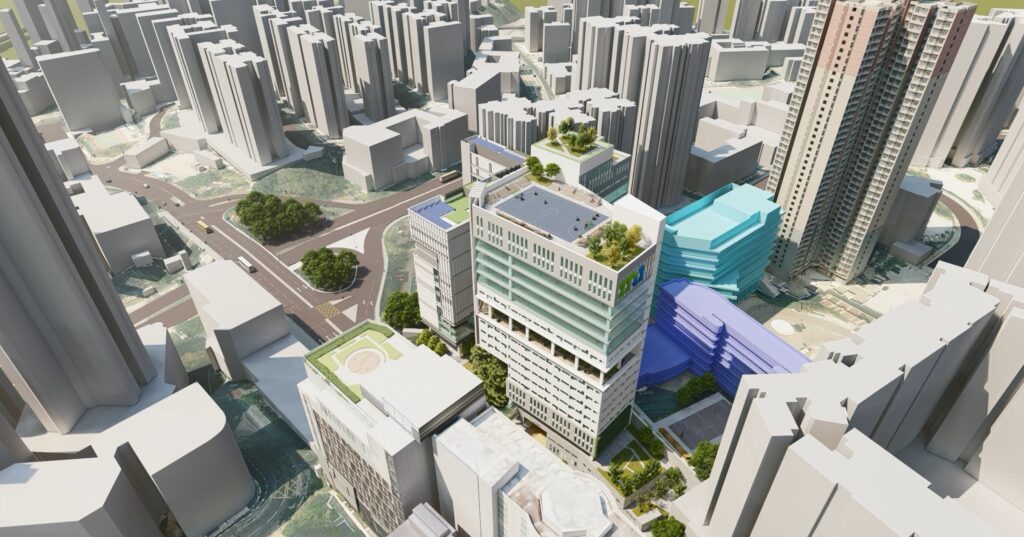UASs maintain a close relationship with various industries. During the early stages of programme development and curriculum design, UASs engage in dialogue with industry representatives to understand the specific requirements for graduates, including the required knowledge, qualifications and credentials. On occasion, industry practitioners are invited to deliver lectures at the universities to provide students with the latest industry insights. Furthermore, UASs arrange internships for students in relevant organisations, facilitating a seamless transition into the workforce after graduation. UASs also offer further study opportunities to employees within these organisations, as needed, to enhance their efficiency and competitiveness and to promote the concept of lifelong learning.














